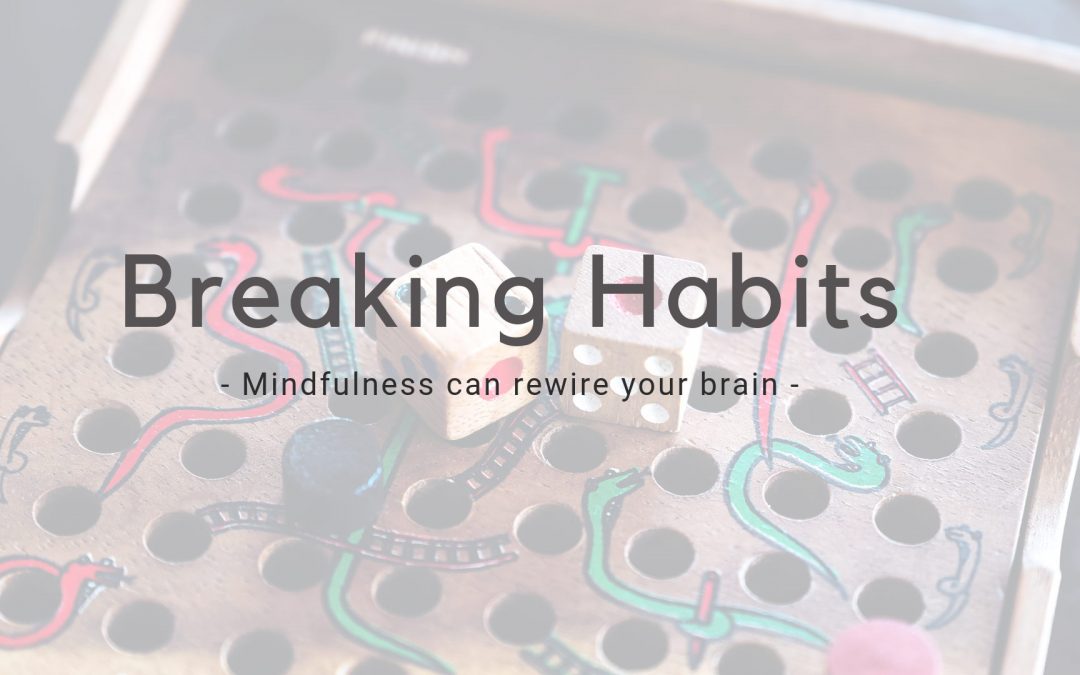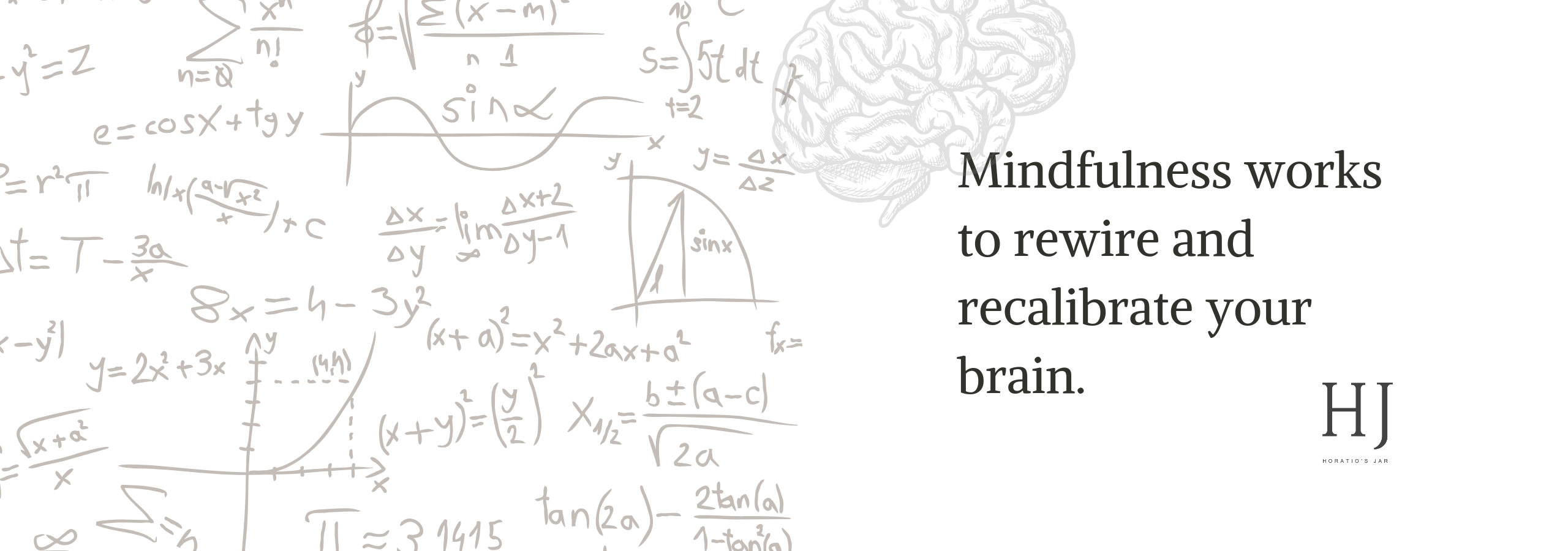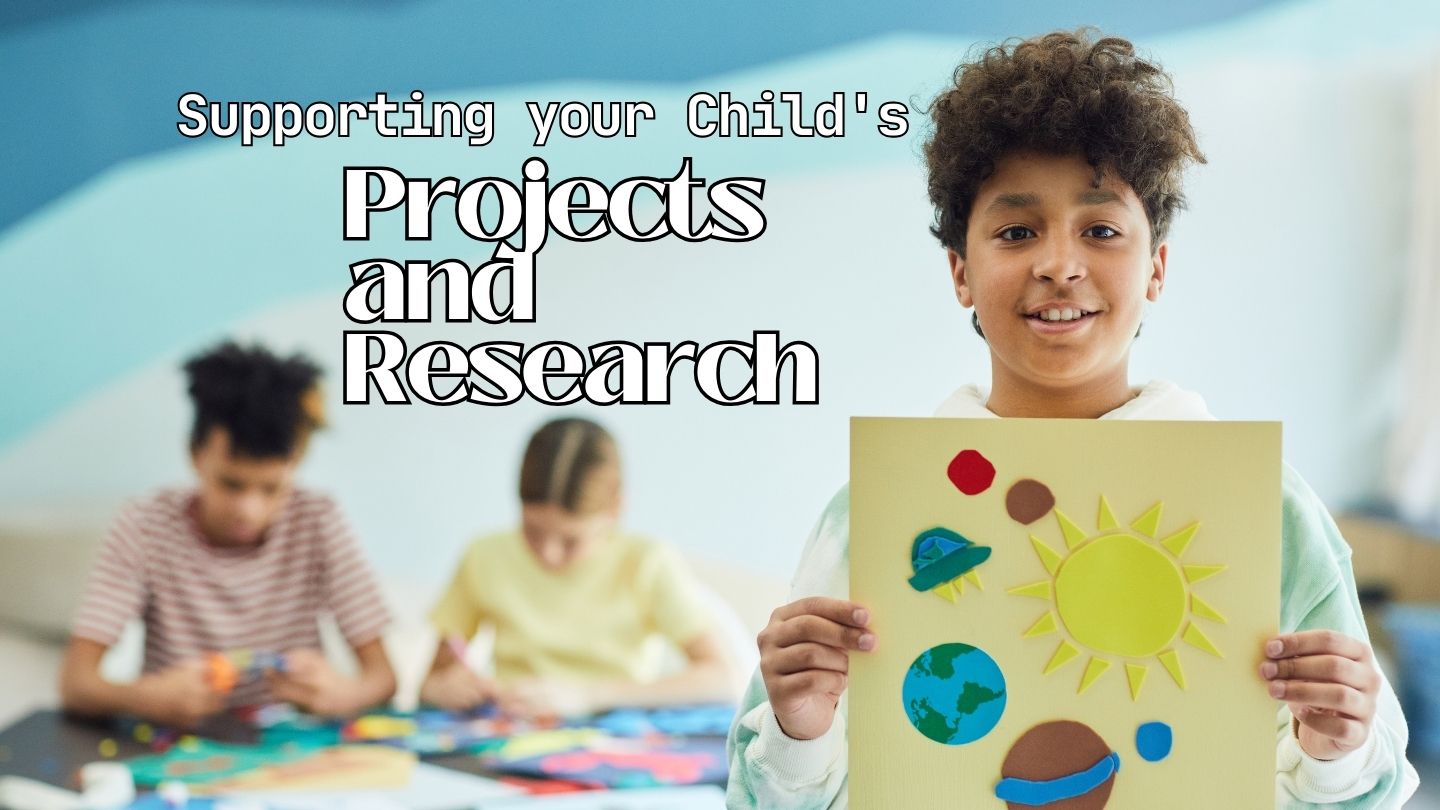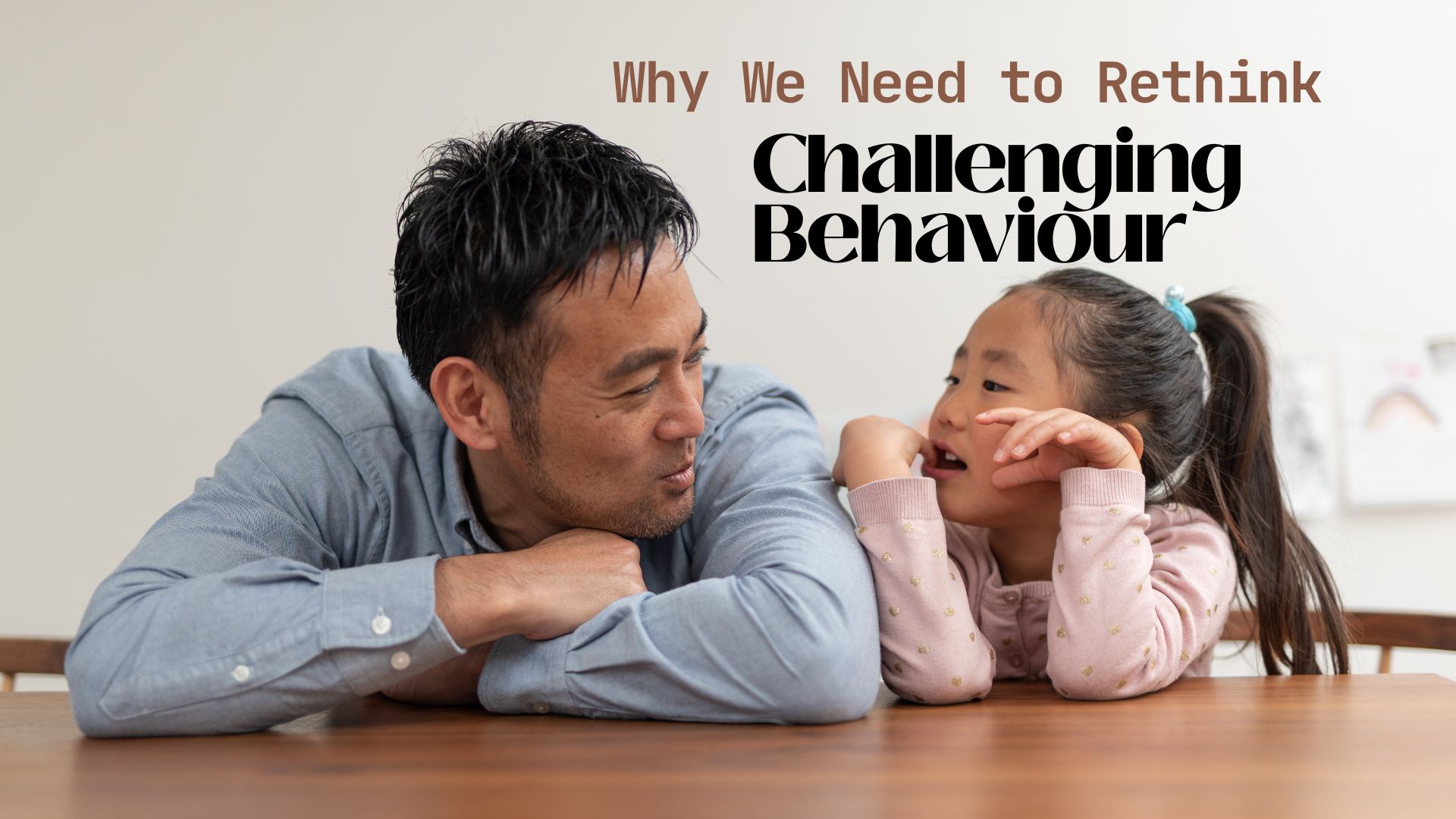Latest From Upschool
- Supporting your Child’s Projects and Research
- Age-Appropriate Expectations
- Why We Need to Rethink Challenging Behaviour
- Navigating the Dynamics of Sibling Relationships
- Creating a Culture of Learning at Home
- Creative and Easy DIY Projects for Parents and Children
- Tips for Working Parents
- Review Educational Apps, Games, and Other Tech Tools for Kids
-
-
No videos yet!
Click on "Watch later" to put videos here
- View all videos
-
-
-
Don't miss new videos
Sign in to see updates from your favourite channels
-
Guest Contributors
Mindfulness & Meditation (Guest Contributors)
New & Big Ideas (Guest Contributors)
Breaking Bad Habits – Mindfulness Changes Your Brain

Habits
One of the greatest developments in contemporary psychiatry and behavioural psychology is the knowledge that the mind and the brain are in fact two separate things and that with the power of your awareness you can change the structure and the chemistry of your own brain. With the knowledge that you can use mindfulness to rewire your brain, the treatment of behavioural disorders and mental illnesses like obsessive-compulsive disorder, (a debilitating mental illness that is a result of faulty brain circuitry) can now be undone and managed in a way that may no longer require the use of pharmaceuticals. There is still so much to be learned on the illnesses of the mind, so much so, that contemporary psychiatry is at least 100 years behind general medicine. Research into mental illness has shown that in 30 years there has been no improvement in the use of pharmacology for the treatment of anxiety and depression, mood disorders or addiction and human happiness has not improved either.
Breaking Bad Habits
The more often you repeat a behaviour the stronger the urge to do it again becomes, this is because you are strengthening the neurological pathways that connect the impulse to the action in the brain. If you stop feeding the impulse the urge will eventually die. The compulsion to repeat negative behaviours usually proceeds an uncomfortable sensation in the body. Uncomfortable feelings are the result of your body releasing chemicals and hormones that make you feel intense sensations of uneasiness, stress, fear, panic or anxiety. Our natural response to these sensations is to make them go away as soon as possible. Becoming aware of your feelings and understanding that the physical discomfort you are experiencing is short-lived will help you to overcome the need to feed your beast. Uncomfortable sensations and emotions are a part of being a human and knowing that they come and go will help you to reduce their impact on your life. Once you are aware of the sensations and emotions that drive your behaviour you can begin inserting a positive action, consciously and lovingly when they occur, actively reframing your focus and rewiring your brain. Suggested interventions that are simple and effective at the time the negative or intense feelings arise could be; having a glass of water, taking a walk, jumping up and down or practising a breathing exercise. Giving yourself this little bit of space between the impulse and the action will draw light on your ability to navigate the mind away from your brain. The space created helps you to unlock the brain from the mind and dissolve the patterns that are embedded into your psyche.Dr Joan Rosenberg | TEDxSantaBarbara
https://www.youtube.com/watch?v=EKy19WzkPxE&t=690sUncomfortable Feelings Are Short-lived
The urge to repeat a behaviour - or the compulsion only lasts approximately 90 seconds according to Dr Joan Rosenberg a clinical psychologist and motivational speaker. Dr Rosenberg has the formula to help people with deal with uncomfortable sensations and feelings which she calls the "Rosenberg Reset" - it is 3 steps to approaching uncomfortable feelings: Step 1. Making a choice Step 2. Dealing with the 8 uncomfortable feelings Step 3. 90 Seconds of separation - meaning waiting out the feelings for a minute and a half. She says the key to happiness and success is our ability to manage uncomfortable feelings and also make accurate and meaningful decisions moment to moment.Dr Jeffrey M Schwartz 'You are not your brain' at Mind & Its Potential 2011
https://www.youtube.com/watch?v=qcrGlUHlu4M&t=1480s&list=PL9uvtvecXuuD8zWM_rpxIccJRmzYfjJa1&index=3 Jeffrey M. Schwartz, M.D. is an American psychiatrist and researcher in the field of neuroplasticity and its application to obsessive-compulsive disorder. His research has significantly impacted the treatment of serious compulsive disorders like OCD and confirms that contemplative practices like yoga and meditation change the brain. In his 20 years of research into the compulsive disorders of the mind, DR. Schwartz confirmed that the mind - the immaterial can change the material meaning that the adage 'Mind over Matter' is on point. It confirms that our self actually exists beyond the physical body and is an intelligence that is unseen and immaterial, yet very real. You are not your body but a spiritual being inhabiting the body just got very real. Guest Contributor: Emily Rack Business Name: Horatio’s Jar Publisher: Digital Schools Emily Rack is a yoga teacher, meditation instructor, freelance writer and visual content creator. She incorporates a unique creative flair into her yoga and meditation classes, courses and workshops. Emily hosts events and classes in schools and the wider community & is passionate about teaching the art of mindfulness. ——- PUBLISHER’S DISCLAIMER: The publisher of this blog post (Digital Schools PTY LTD) works in partnership with the school as a 3rd party provider to help build and maintain the school website. Digital Schools sources a range of experts who provide products and/or services to educational institutions and we work with them to produce and publish topical information in the form of blog posts that we think may be relevant, interesting or topical to families within the community. The views, opinions and content listed in this blog post are that of the guest contributor and/or publisher (Digital Schools). It should be noted that whilst the publisher and guest contributors are acting with the best intentions and in the best interests of the school and their community to provide helpful or interesting information, sometimes the content may not necessarily reflect the views of the school. The information in this blog post is not meant to be used, nor should it be used, to diagnose or treat any medical condition. For diagnosis or treatment of any medical problem, consult your own physician. The school and the publisher of this blog post are not responsible for any person reading or following the information in this article who may experience adverse effects. Any references to external websites or sources are provided for informational purposes only and do not constitute endorsement by the school or publisher in any way and the publisher and/or school cannot guarantee accuracy of information listed. If you have feedback on any content on this platform, you can submit it to the publisher using the feedback link provided at the bottom of this page.TAGS
Grown Ups
Mindfulness for Kids
Neurosciences
Notable People
Sciences
Self-Awareness
Teens
Wellbeing
NEW TO EXPLORE




